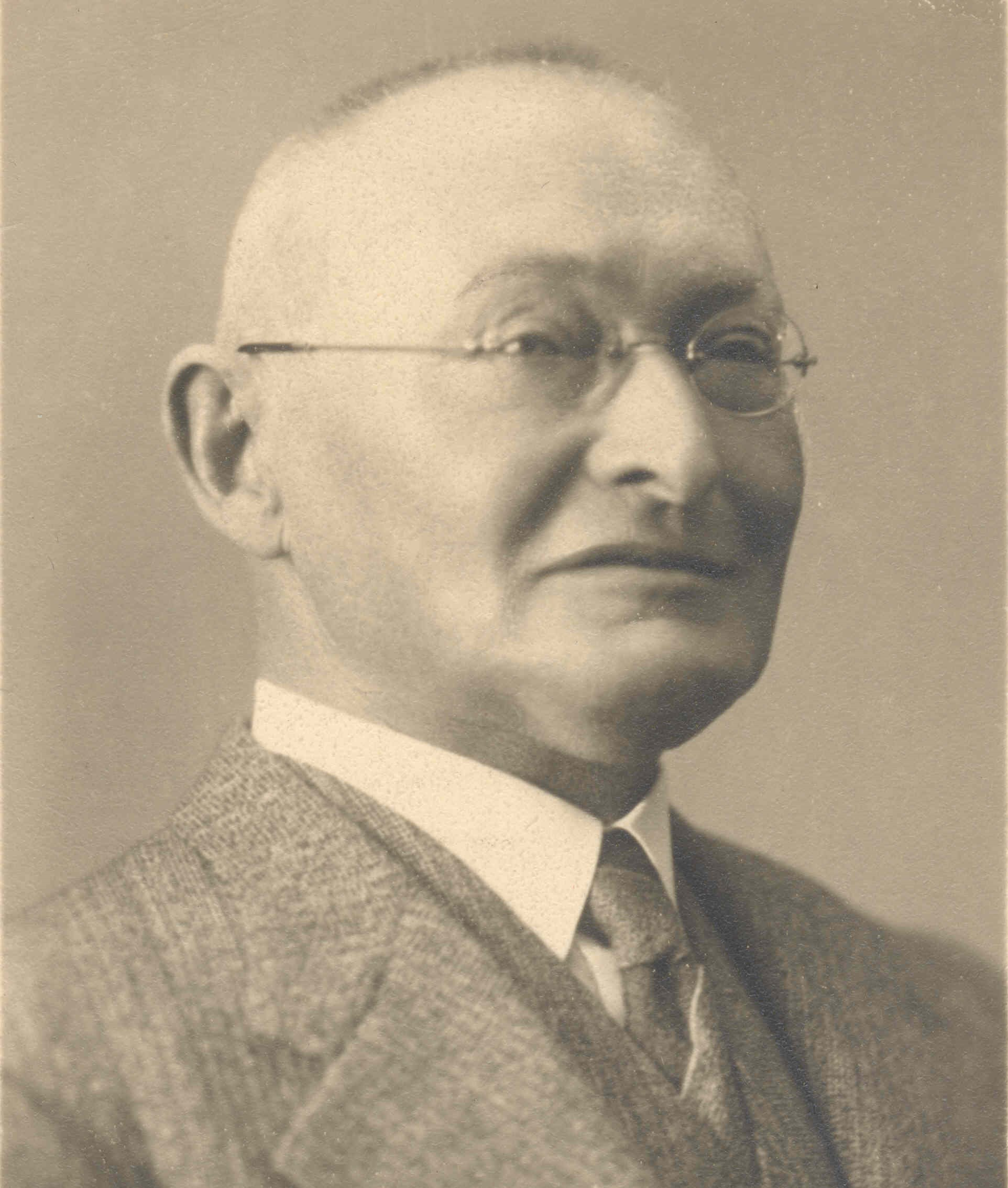Johannes Sassenbach on:
[Wikipedia]
[Google]
[Amazon]
 Johannes Sassenbach (12 October 1866 – 19 November 1940) was a
Johannes Sassenbach (12 October 1866 – 19 November 1940) was a
 Johannes Sassenbach (12 October 1866 – 19 November 1940) was a
Johannes Sassenbach (12 October 1866 – 19 November 1940) was a German
German(s) may refer to:
* Germany (of or related to)
**Germania (historical use)
* Germans, citizens of Germany, people of German ancestry, or native speakers of the German language
** For citizens of Germany, see also German nationality law
**Ger ...
trade union leader and politician.
Born near Wipperfürth
310px, Map of the city
250px, Town hall
Wipperfürth () is a municipality in the Oberbergischer Kreis of North Rhine-Westphalia, Germany, about 40 km north-east of Cologne, and the oldest town in the Bergischen Land.
History
The eldest d ...
, Sassenbach's father was a saddler and ran a pub. Johannes also completed an apprenticeship as a saddler, and he became interested in trade unionism, founding a branch of the Saddlers' Union in Cologne
Cologne ( ; german: Köln ; ksh, Kölle ) is the largest city of the German western States of Germany, state of North Rhine-Westphalia (NRW) and the List of cities in Germany by population, fourth-most populous city of Germany with 1.1 m ...
in 1889. In 1890, he joined the Social Democratic Party
The name Social Democratic Party or Social Democrats has been used by many political parties in various countries around the world. Such parties are most commonly aligned to social democracy as their political ideology.
Active parties
For ...
, and in 1891, he was elected as chair of the Saddlers' Union, also serving as editor of its journal.
To take up his union posts, Sassenbach moved to Berlin
Berlin ( , ) is the capital and largest city of Germany by both area and population. Its 3.7 million inhabitants make it the European Union's most populous city, according to population within city limits. One of Germany's sixteen constitue ...
. There, he co-founded a co-operative
A cooperative (also known as co-operative, co-op, or coop) is "an autonomous association of persons united voluntarily to meet their common economic, social and cultural needs and aspirations through a jointly owned and democratically-control ...
of military saddlers, and served as its manager. In 1895, he organised the first conference of socialist academics, founding the ''Sozialistischer Akademiker'' journal, and editing it for a year, then editing ''Neuland'' until 1898. He also co-founded and managed a trade union house in Berlin. In 1906, the International Federation of Saddlers' Unions was created, and Sassenbach served as its general secretary.
In 1902, Sassenbach was elected to the executive of the General Commission of German Trade Unions
The General Commission of German Trade Unions (german: Generalkommission der Gewerkschaften Deutschlands) was an umbrella body for German trade unions during the German Empire, from the end of the Anti-Socialist Laws in 1890 up to 1919. In 1919, ...
, serving until 1922. He also won election to Berlin City Council
Berlin ( , ) is the capital and largest city of Germany by both area and population. Its 3.7 million inhabitants make it the European Union's most populous city, according to population within city limits. One of Germany's sixteen constituent ...
in 1905, serving until 1919, and was a co-founder of the country's socialist youth movement.
In 1919, Sassenbach was appointed as attache to the German embassy in Rome, then from 1920 to 1923, he chaired the Berlin school for continuing education. During this period, he was centrally involved in integrating the German trade union movement into the International Federation of Trade Unions
The International Federation of Trade Unions (also known as the Amsterdam International) was an international organization of trade unions, existing between 1919 and 1945. IFTU had its roots in the pre-war IFTU.
IFTU had close links to the Labo ...
(IFTU), serving as joint secretary from 1922, then general secretary from 1927 until 1931. He then largely retired to Frankfurt am Main
Frankfurt, officially Frankfurt am Main (; Hessian: , "Frank ford on the Main"), is the most populous city in the German state of Hesse. Its 791,000 inhabitants as of 2022 make it the fifth-most populous city in Germany. Located on its na ...
, but remained involved in the local Saddlers' Union. The Nazi government confiscated his library and imprisoned him twice before his death in 1940.
References
{{DEFAULTSORT:Sassenbach, Johannes 1866 births 1940 deaths German trade unionists People from Wipperfürth Politics of Berlin Social Democratic Party of Germany politicians